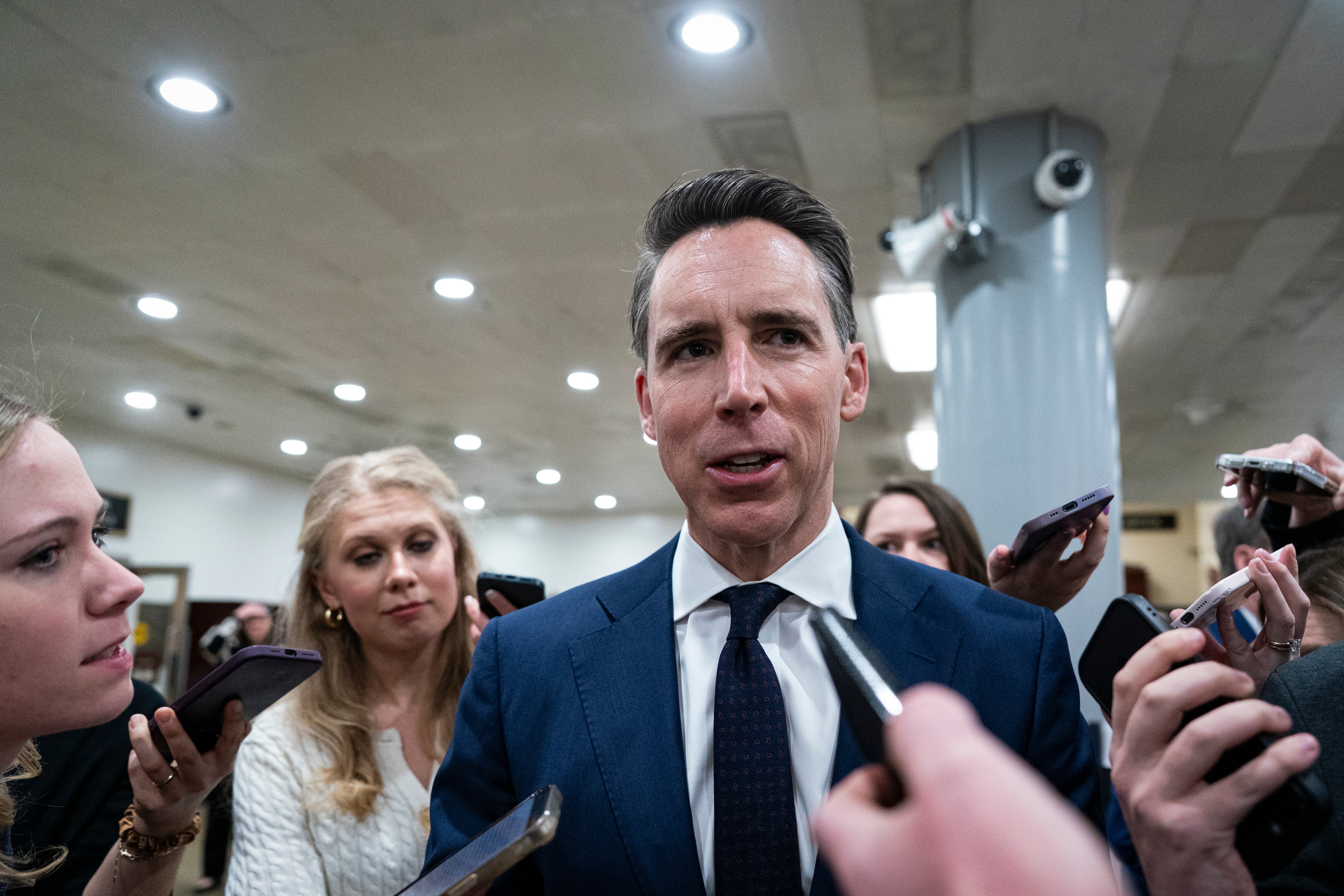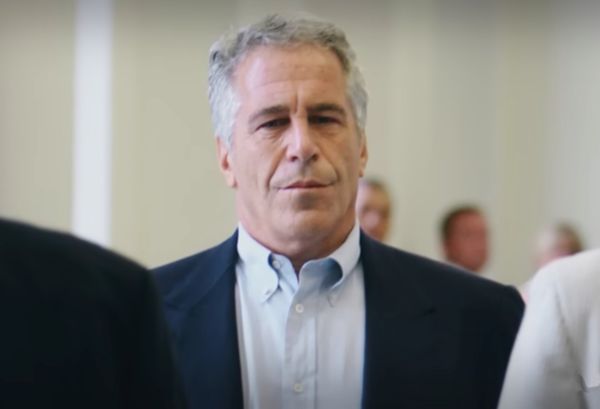Conservative Republicans in the U.S. House of Representatives want House Speaker Mike Johnson to make major changes to Medicaid and more spending cuts before they vote for President Donald Trump’s “one big, beautiful bill.”
The House Budget Committee is set to vote on the bill on Friday, which would tee it up for a floor vote before it goes to the U.S. Senate. But conservatives, particularly those in the hardline House Freedom Caucus, do not believe that the bill goes far enough in spending cuts.
As it stands now, the legislation would require that able-bodied adults without dependents would need to either work, engage in community service or an education program for at 80 hours a month to qualify for Medicaid. The House Energy and Commerce Committee, which handles health care, marked up its part of the legislation starting Tuesday and well into Wednesday despite protests from disability rights activists that it would cause them to lose access to health care.
Rep. Chip Roy of Texas, who sits on the Budget Committee, wants to see major changes to the bill and specifically criticized the fact that work requirements would not go into effect until 2029.
“The Medicaid work requirements starting in 2029 is absurd,” he told The Independent.
House Majority Leader Steve Scalise said that this would be fixed soon.
“There already have been some agreements to go further than what came out of committee on a few of the items, like work requirements,” he told The Independent. “So we're we're working on that. We're going to be following up later tonight with some of those same members of the budget committee before a final decision is made about tomorrow.”
Work requirements are not the only sticking point and the House Freedom Caucus are not the only members with objections. Republicans from Democratic states want to lift the cap on the state and local tax (SALT) deduction for federal taxes that the 2017 tax bill that Trump signed put in place.
The group of Republicans primarily from New York, California and New Jersey, all of which have higher taxes than other states, argue that the cap unfairly penalizes their constituents. Like the rest of the tax bill, the cap expires at the end of the year.

“There’s unlimited SALT if we don’t get a bill,” Rep. Nick LaLota of New York told The Independent on Wednesday. “That’s not what I’m rooting for. I’m rooting for a deal, but we’ll figure it out.”
Last week, the SALT caucus rejected Johnson’s proposal to lift the cap from $10,000 to $30,000. But Rep. Nicole Malliotakis of New York, who supports the Johnson proposal, seemed confident on Thursday evening.
“I think that we're in a better position today than we were yesterday in finding a proper balance between SALT caucus members and those on the low sodium diets,” she told The Independent. Malliotakis also said she agreed with Roy on moving work requirements.
“A lot of people are asking why work requirements don't kick until 2029 – I think it's a general consensus that members want to move that forward,” she said.
Earlier in the year, the House passed a budget resolution to begin the process to craft the legislation. The House legislation required that the committees find $1.5 trillion worth of spending cuts to unlock $4.5 trillion worth of tax cuts. If the House fails to find $2 trillion worth of spending cuts, they will have to subtract the number of for the tax cuts by the difference between $2 trillion and the final number of savings.
Last month, the House agreed to pass the Senate’s version of the spending bill, which has fewer hard lines on spending cuts than the House version.
Republicans hope to pass the bill – which along with extending the 2017 tax law, would also increase spending for immigration enforcement and energy exploration – via budget reconciliation, which allows the Senate to sidestep a filibuster and pass a bill with a simple majority as long as it relates to the budget.
Even if the bill passes the House, it will inevitably face major opposition in the Senate. Republicans have only 53 seats in the Senate, meaning four senators opposing it could kill the bill.
Sen. Josh Hawley, a populist Republican from Missouri whose state expanded Medicaid under the Affordable Care Act, has said he does not want to see Medicaid cuts. Hawley said he spoke with the state’s governor – Mike Kehoe – about the effects of Medicaid changes.
“He's always very carefully looking at Missouri's budget, Missouri's Medicaid responsibilities, as he should.” he told The Independent. “I mean it's part of our Constitution.”
But Sen. Ron Johnson of Wisconsin said he thinks that the bill does not go far enough in terms of spending cuts.
“I mean, the amount of real cuts is infinitesimal,” Johnson told The Independent. “They've back loaded it to the out years, when you probably never realize it. Some of them are fake and phony cuts.”
Johnson also objected to the Medicaid work requirements as they are currently crafted.
“I would consider those fake cuts,” he told The Independent. “They're not real. They're not serious.”
Republicans are operating on a limited timeline given that the legislation also would raise the debt limit. Last week, Treasury Secretary Scott Bessent sent a letter to Johnson warning that the United States would hit its debt limit by mid-July.
UN forecasts slower global economic growth following Trump's tariffs and trade tensions
FEMA's acting chief says agency will shift more disaster recovery responsibilities to the states
Military commanders will be told to send transgender troops to medical checks to oust them
New Pentagon memo reveals how US military will purge trans troops from service
Mississippi sues China for $200bn for costs associated with the Covid-19 pandemic
Democrats need to stop trying to move past the cover up around Biden’s decline







